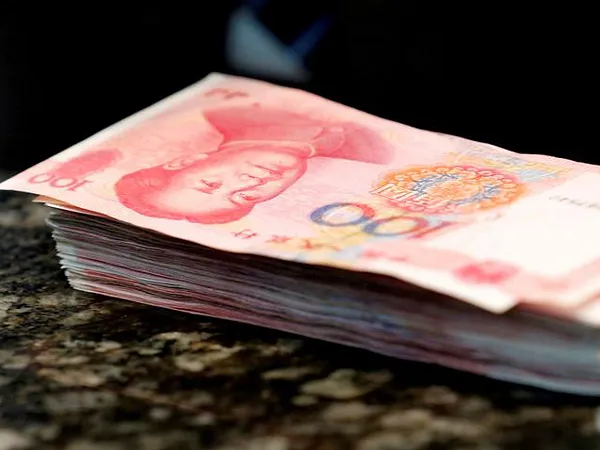The central parity rate of the Chinese currency renminbi, or the yuan, weakened 36 pips to 6.7518 against the US dollar Wednesday, according to the China Foreign Exchange Trade System.
In China’s spot foreign exchange market, the yuan is allowed to rise or fall by 2 per cent from the central parity rate each trading day, Xinhua News Agency reported.
The central parity rate of the yuan against the US dollar is based on a weighted average of prices offered by market makers before the opening of the interbank market each business day.
Meanwhile, foreign investors are dumping yuan and fleeing China post-COVID-19 lockdown and rate cuts which is exacerbating foreign capital outflow.
The HK Post reported that investors are exchanging their money from yuan into dollars and driving up the dollar while pushing down the yuan.
Rating agency Barclays similarly downgraded its yuan forecast to 6.9 but said the yuan could hit 7 per cent if the lockdowns and supply chain disruptions continue, reported The HK Post.
In March, Hong Kong investors sold off a record USD 24.2 billion worth of yuan-denominated debt.
The exodus from Chinese investments is fuelled by fears over China’s diminishing growth prospects, decreasing bond yield, and higher rates on US investments.
While the United States and other Western nations are raising interest rates to combat inflation, China’s central bank is considering cutting rates to stimulate the economy.
In April, the central bank decreased the reserve requirements from 9 per cent to 8 per cent in a bid to increase the money supply.
Investors had already begun moving money out of China by 2021 because of ongoing COVID lockdowns, supply chain issues, and Chinese President Xi Jinping’s crackdowns on numerous business sectors, including tech and education.
Foreign investors divested USD 6.2 billion of Chinese government bonds in April, marking three straight months of selloffs, the longest sell-off since 2015.

